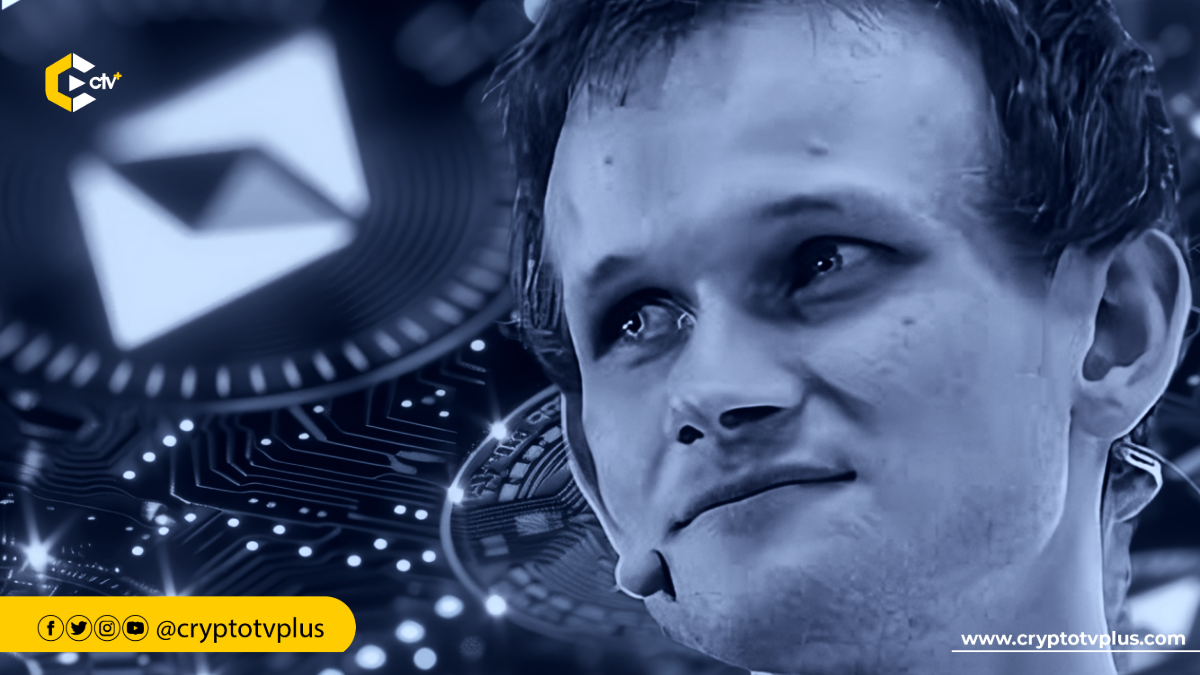News
Vitalik says we’re early to crypto’s usefulness, not crypto itself

During his presentation at Token 2049, Vitalik Buterin, the Ethereum co-founder, shared his enthusiasm for the coming decade in the crypto sector, emphasizing the achievements thus far and the potential of what’s ahead.
Addressing the longstanding belief that crypto is in its infancy, Vitalik said it is akin to the internet’s gradual evolution.
Yet, with over ten years of Bitcoin and Ethereum, crypto itself isn’t in the early stages anymore; however, it’s still early in terms of making it accessible to average users. Essentially, while the technology is prepared, more efforts are required to make it practical for everyday applications.
“People tend to say you know this is still early days right, we’re still building out the basic infrastructure, [but] today we are not early to crypto but we are early to crypto actually being usable”, Vitalik added.
Problem of high fees
Vitalik reminisced about the early Bitcoin era in 2013 when the buzz was all about its revolutionary potential to transform payments.
Back then, many businesses tried incorporating Bitcoin into their transactions, but the prohibitive transaction fees, reaching up to $50, and slow processing times soon proved to be major obstacles.
He shared an experience in Argentina in 2021, where he discovered cryptocurrency had woven its way into daily life. Yet, instead of embracing decentralized platforms like Ethereum, most turned to centralized exchanges such as Binance for their efficiency and lower costs.
Vitalik envisions a future where we can build “digital castles” on Ethereum
Historically, exorbitant fees have posed a considerable problem. According to Vitalik, with the advent of “layer 2 solutions” layered over Ethereum, there’s been a dramatic drop in fees to almost negligible levels, allowing for lightning-fast transactions. This innovation effectively tackles one of the primary hurdles of using crypto in everyday scenarios.
Complex user experience
Another issue has been the complicated user experience of crypto applications. Initially, these apps were clunky and slow. However, they are improving, with user interfaces and designs now resembling the smoothness of modern apps like Twitter or Venmo.
Vitalik also emphasized some advanced uses of crypto, such as enhanced privacy features and innovative technologies like “zero-knowledge proofs.” These allow for safer and more private transactions. These technologies go beyond just speed or cost-efficiency, offering new levels of privacy and security.
Vitalik stressed that while centralized systems like Venmo or WeChat Pay have improved over the years, crypto offers unique advantages in regions where politics or governments complicate access to finance. In these places, crypto’s decentralized nature becomes incredibly valuable.
Read also: Vitalik Buterin speaks on what else memecoins could be
Vitalik used the metaphor of “digital concrete” to describe blockchains. Just as concrete builds strong physical structures, blockchains create digital systems that are very difficult to break. These systems are robust and can withstand challenges in ways traditional technologies cannot.
Vitalik envisions a future where we can build “digital castles” on Ethereum. These digital structures can serve serious purposes, like protecting wealth and information, and offer fun opportunities, such as creating spaces for entertainment or preserving culture. He believes this blend of practical and creative possibilities makes crypto’s future so exciting.












